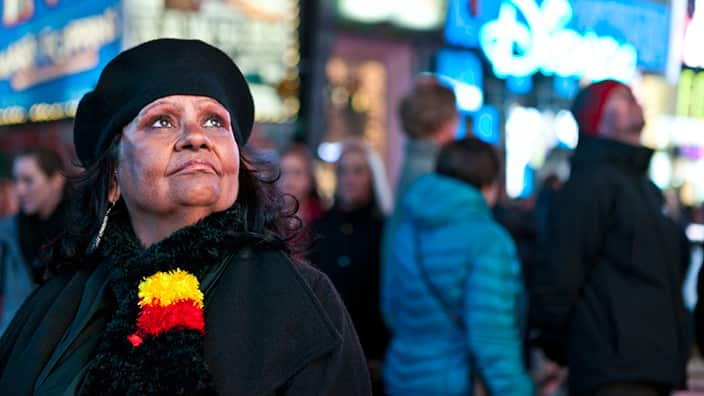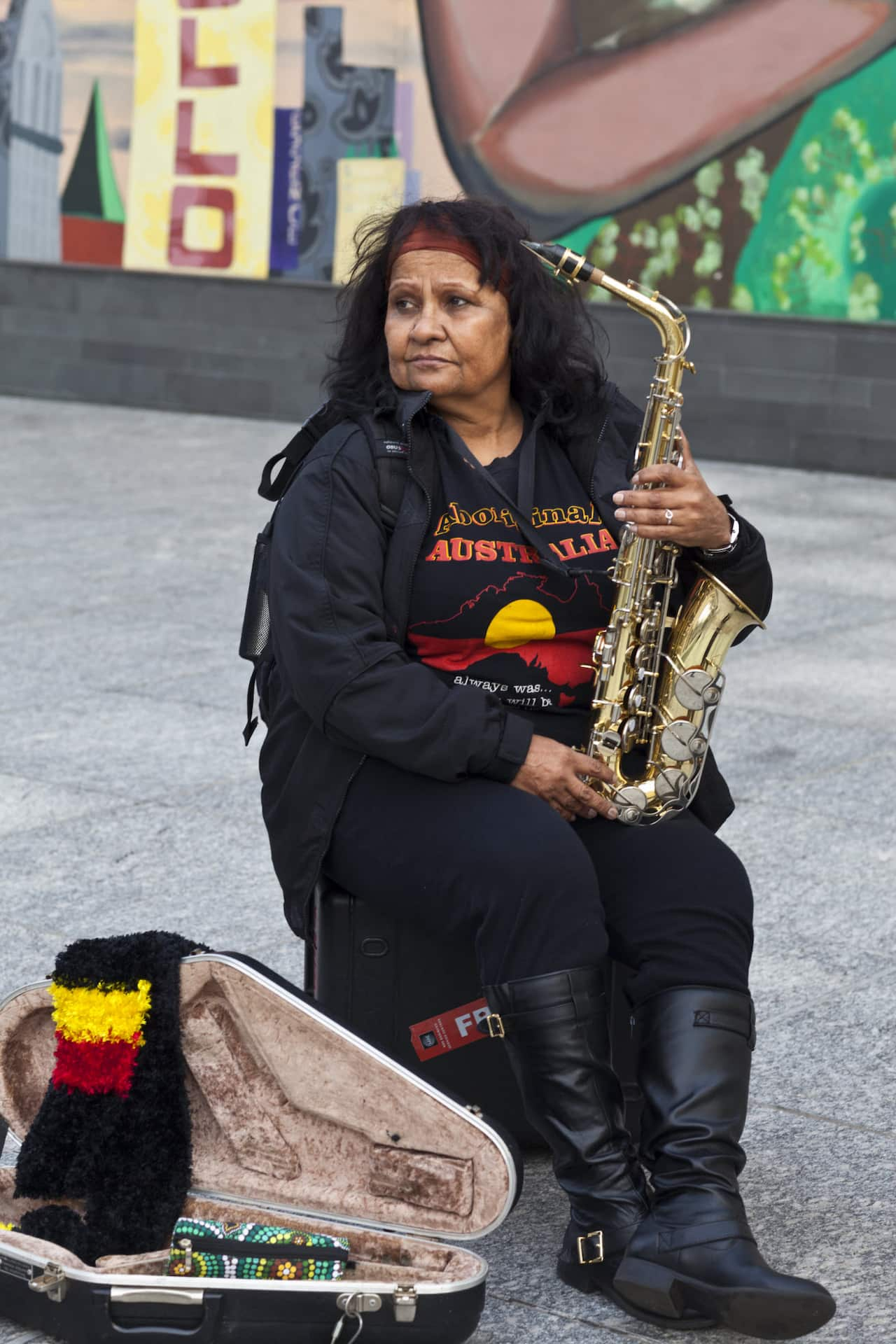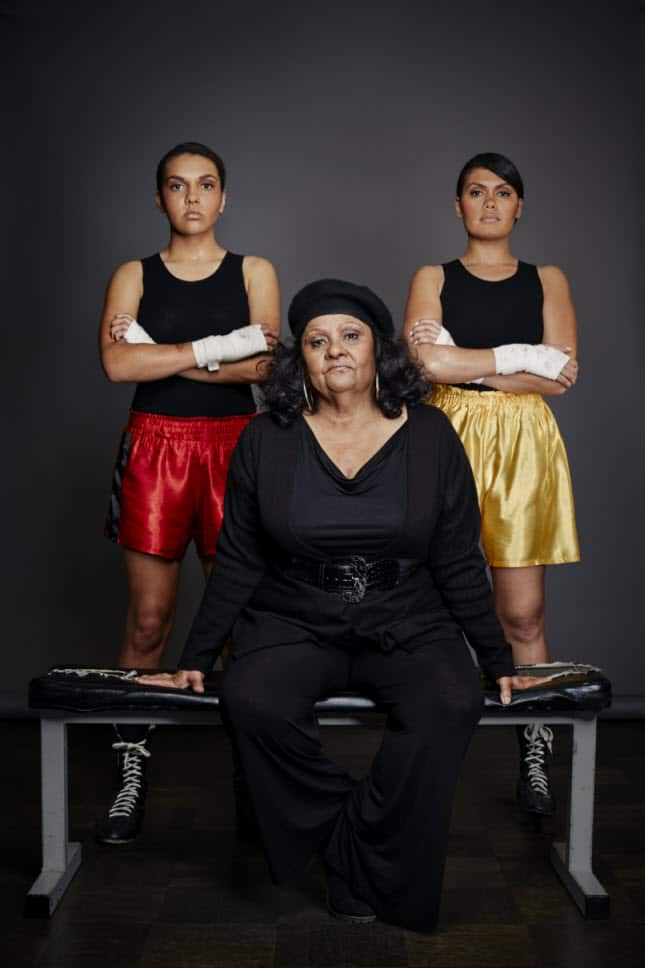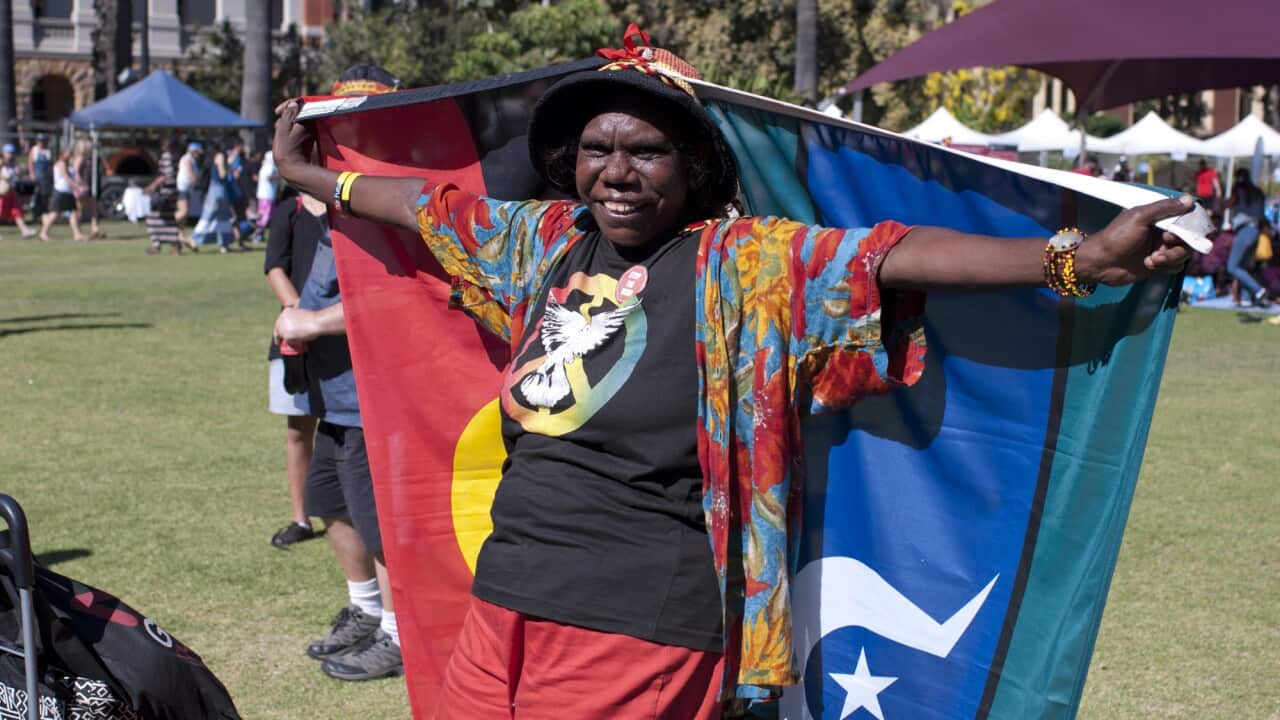A veil of nostalgia casts a heroic curtain over 1972 and the birth of the Brisbane chapter of the Australian Black Panther Party (BPP).
The activist group, modelled on the American Black Panther Party, is retrospectively revered by some for fuelling the passionate fight for Indigenous civil rights. But according to the first inductee of the movement, Marlene Cummins, the BPP wasn’t just about militant black leather outfits, supporting Indigenous people unlawfully treated by the police, and civil rights protests.
To her, the BPP was also about the exploitation of power and sexual abuse. Cummins says her vulnerability as a “bright-eyed and bushy tailed” 18-year-old and belief in the movement made her a target for men in power and the subject of rape when she was a member of the group.
“This is my story as a Black Panther woman,” Cummins says, strongly owning her version of events and opinion.
“There were men who are immortalised in history as heroes. Some of them are and some of them aren’t. [Some of them] are not heroes. They were rapists and perpetrators.” Remaining dedicated to the Indigenous rights cause and distrustful of police, Cummins, like many other Aboriginal women facing abuse, chose to stay silent at the time.
Remaining dedicated to the Indigenous rights cause and distrustful of police, Cummins, like many other Aboriginal women facing abuse, chose to stay silent at the time.

Black Panther Woman, Marlene Cummins Source: Photo by Alina Gozin'a
“Misogyny was more common than ever,” says the former partner of BPP co-founder Denis Walker, Cummins, describing what 1972 was really like.
“There were no support systems and women’s refuges weren’t as prevalent as they were today. Women’s rights were not voiced…[So can you imagine] what it was like for young girls with no support networks in those days, when those things – rapes by uncles – were not spoken of. How can you deal with that?
“…Even if you did report a crime, you were questioned whether it happened to you because you contributed to it: you asked for it!”
Cummins explains how the kinship system of extended family also made it hard for Aboriginal women in the ‘70s to report a crime of violence against a man in the community.
“It’s not like a non-Indigenous woman. An [Aboriginal woman] has to deal with a whole kinship system that goes from east-to-west and north-to-south. You have to bring something [up that’s] bigger than Ben Hur.”
“And might I remind you that this has happened with non-Indigenous people too.”
But sexual abuse is not about colour. To Cummins, it’s about the exploitation of social power by someone who has it against someone who lacks it.
“In my case, it was the politics that kept me quiet,” she continues. “And might I remind you that this has happened with non-Indigenous people too.”
“Men of caliber who are in the political arena [or acting arena]: the Rolf Harris’s, the Bill Cosby’s: they all used their status [to commit sexual abuse].
“It’s still happening. The thing is that violence on women permeates the whole of society: white or black.”

Black Panther woman, Marlene Cummins busks in NYC (Blackfella Films, 2014/Photo by Alina Gozin'a).
Using storytelling to heal
Following the break-up of her relationship with Walker, Cummins spiralled into a cycle of addiction that left her on the streets. Forty-plus years later, Cummins is now a jazz singer, well-known for the album Koori Woman Blues.
Cummins recently broke her silence to tell the untold story of her abuse and involvement in the Aboriginal protest movement in the new SBS commissioned documentary Black Panther Woman.
Black Panther Women premiered in Australia on Sunday night on SBS at 9.20pm, follows on from its screening at the Sydney Film Festival in 2014.
“This documentary has been a long time coming,” says Cummins. “It’s my story and I have the ability to voice it today as opposed to then."
Cummins stresses that the documentary is not about demonising black men: it is about standing up against sexual abuse and expolitations of power across all cultures, in all settings.
“People keep telling me I’m brave for speaking out. I’m not brave. I’m just merely speaking up for my basic human rights because I want to now.”

Marlene Cummins at Mundines Gym in Redfern, Sydney. Photo by Alina Gozin'a. Source: Photo by Alina Gozin'a
Black Panther Woman was produced by the multiple Logie award winning Blackfella Films (First Contact; Redfern Now) and directed by Rachel Perkins (Bran Nue Dae; Mabo).
Cummins says the process of telling her story on screen helped her to heal: a process which she admits needed to happen.
“I worked in a rape crisis centre when I was in Queensland,” she explains. “I did a lot of work regarding other women but I didn’t deal with my stuff. I kept it quiet for all of these years.
“Those scars are deep when it’s done by people who you trusted, you were only young and you had no support.
“So the thing was, with my situation, I never had professional counseling for my stuff. So when I dealt with it, I had a camera on me.”
Cummins now hopes her story can inspire other women – Indigenous and non-Indigenous – to stand up for themselves against violence and sexual abuse, and fight for their rights.
“My documentary can be used by any woman. I’d love for decent minded people to get together and watch it.”
She also advises women of all ages, subjected to any form of violence or abuse, to seek help and stay strong.
No one has the right to trample on your spirit and get away with it.
“Young women have a right to protect themselves,” she says. “They need to go to any length be strong. There’s always someone out there to help: more so now than when I used to be young.
“You can pick up the phone tell someone you know, who you trust. No one has the right to trample on your spirit and get away with it. Fight for yourself.”
If this article has raised any issues, contact:
- Lifeline on 13 11 14;
- Sexual Assault, Family & Domestic Violence counselling phone and webchat, 1800 RESPECT on 1800 737 732.
- Suicide Call Back Service on 1300 659 467; or
- Social and Emotional Wellbeing and Mental Health Services in Aboriginal Australia to find a health service.
Share


